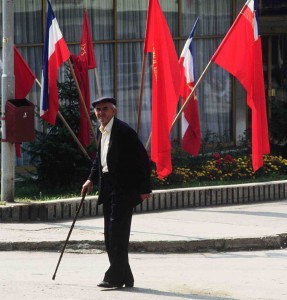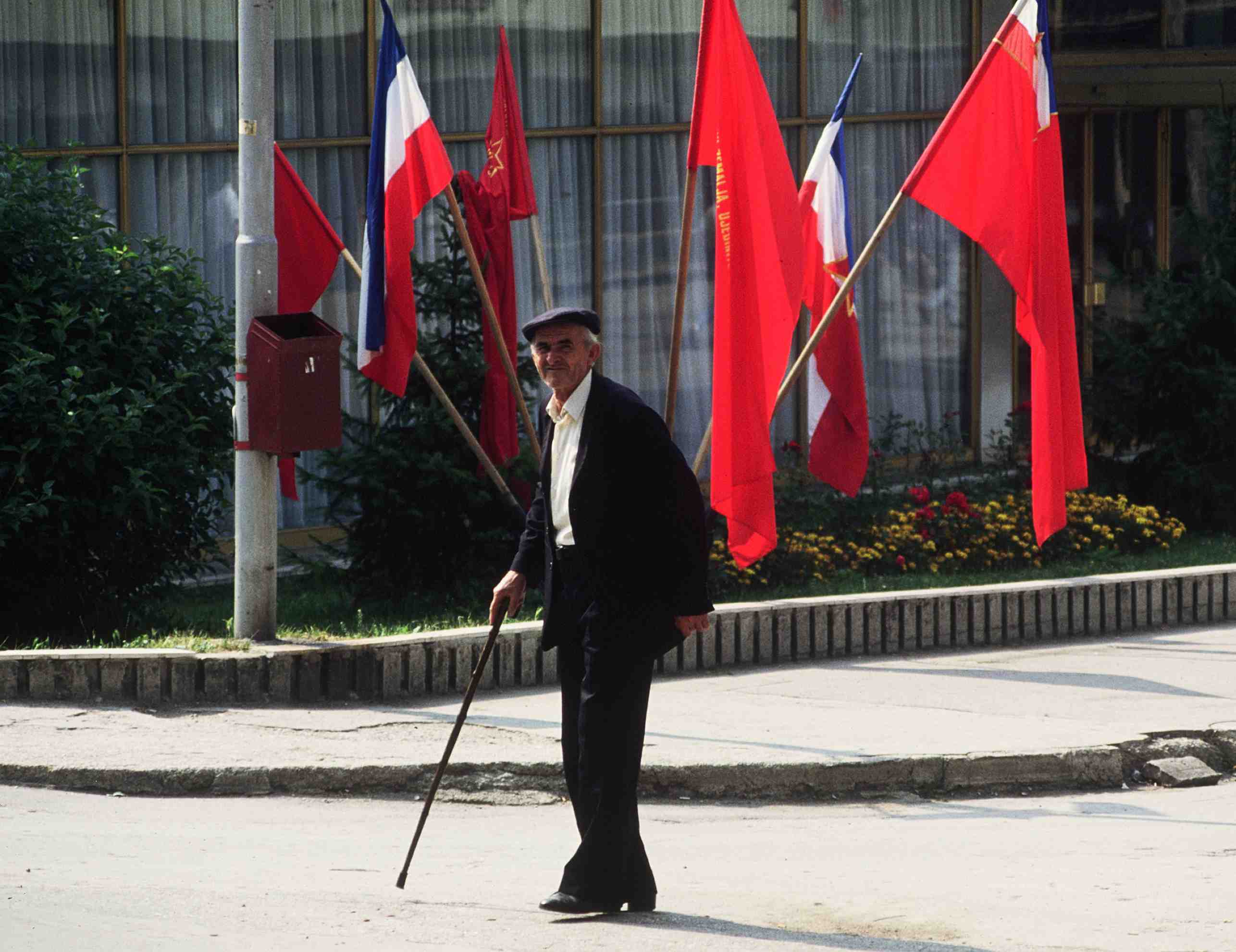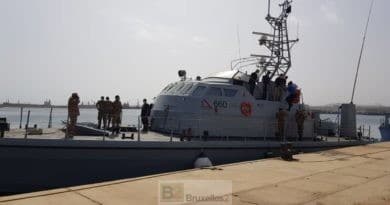[Yugoslavia Memory of a disaster] 1990, in Yugoslavia, the fire smolders under the ashes

(Dossier) In a corner of Europe, some political leaders are nevertheless determined not to let peace take hold. Yugoslavia, yet promised closer ties with Europe (with an association agreement in view), the fire is smoldering under the ashes…
The Serbian uprising begins in Croatia, August 17, 1990, after an attack by Croatian police special forces on the police station of Benkovac controlled by the Serbs, the latter seize weapons from the reserve policemen and erect barricades on the roads . The Serbs decide, shortly after, with 99 o/o of the votes (!) for their separation from Croatia. A few weeks earlier, on May 13, 1990, at the Zagreb stadium, violent incidents broke out between supporters of the Dynamo of Zagreb and theRed Star from Belgrade. Knowingly caused incidents (1).
On September 3, 1990, in Kosovo, there was a general strike and the beginning of the dismissal of most Albanians from administrative posts (75.000 people were expelled from their posts in one year after this strike). On September 7, after a clandestine referendum, Kosovo promulgates adopts, within the Yugoslav framework, the Constitution of "its Republic" promised to become the 7th socialist federal republic of Yugoslavia (not recognized by the Serbs). A symbolic proclamation, on September 28, Serbia abolishes the autonomous status of its province of Kosovo. The provincial parliament had already been dissolved at the beginning of July (2) after the placement under a state of emergency in March.
On September 11-12, 1990, in Bosnia and Herzegovina, interethnic unrest began. A state of emergency is declared.
On October 5, 1990, the Yugoslav federal army invested the headquarters of the territorial defense of Slovenia, in the center of Ljubljana. Consequence of the refusal of the Slovenian government to place its defense under the command of the Yugoslav army.
(1) The recent incidents in Rome during the Italy - Serbia match in Genoa on October 12, 2010 are there to remind us that the "hooligans" of Red Star Belgrade are not really ordinary thugs but rather a structured organization which will feed the paramilitary groups throughout the war. (2) In the summer of 1990 (we were a team of 3 journalists who had gone to report in the region), the leader of Kosovo's main autonomist party, Ibrahim Rugova, elected "president" during the elections in September, had told the one of us, to have asked Jacques Delors for greater European involvement in the region, and to place Kosovo under European protection. He won't get any response...

